Everything works that way. We all dream of having our best life, but to have that life, you must pay a price in faith, diligence, patience, and longsuffering in daily doing the small acts that over time will aggregate into a harvest of success. Most people don’t do that because it’s hard. But that’s precisely why it’s worth doing. With great diligence, you can have the positive changes you want in your life. Diligent in faith  Success isn’t complicated. Do the right things day after day, and eventually you get what you want. But like the seed in Alma’s parable, you don’t reap a harvest overnight. And that’s probably the hardest part of achieving success. We all have changes we want in our lives. But taking action day after day and not seeing the results you want can wear you down. Many quit the fight too soon. Because only action produces results, quitting the fight means taking no action, which means getting no results. So what can keep you in the fight when it gets hard? Alma provides an answer. He mentions diligence, but first he mentions faith. And that’s what can pull you through. With a vision of your life after you pay your price for what you want, you can keep on keeping on. I’ve used that in my PhD program. As I’ve felt the challenge increase, I remember teaching as an adjunct and relive how good it felt to work my dream job. My faith that overcoming my present difficulty will get me closer to the result I seek drives me through the difficulty. So it is with anything in life. Seeing the light at the end of the tunnel is really the other side of the mountain and not an oncoming train can help you push forward no matter how bleak your present position. Diligent in patience 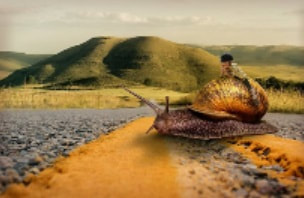 As you push on in the darkness of the moment, the difficulty separating you from your desired best life isn’t just in doing what’s needed everyday but also in having to wait for results to materialize. We all want results on our schedule, and our schedule often screams now. So it’s not surprising Alma, to faith and diligence, adds patience. It takes patience to nourish a seed into maturity. Part of the price you’ll pay for what you want is in patience. You must take the small steps required day after day, continually putting forth effort with faith those results will come, especially when they don’t come instantly. Faith helps me have patience, but so does celebrating small wins. Recognizing a victory, no matter how small, helps me feel I’m making progress and moving closer to my best life. Having patience in the overall journey and not just the task before me also helps. When one approach fails, I don’t lose hope. I have faith the approach I need exists, and I keep searching with the determination to do so until I find the approach that will work for me. Diligent in longsuffering  That attitude necessitates a lot of trial and error, which requires longsuffering. Often you must pay your price over a long time without seeing desired results. Little wonder Alma includes longsuffering in his parable of the seed. Suffering must be endured; it makes your harvest much more precious. But suffering doesn’t mean you must be miserable. You can have sincere joy while suffering if you strengthen your faith and focus on the blessings and opportunities along your way. Whatever positive changes you want can be yours if you pay in full and in advance the price you must pay. That requires diligence in doing the small daily actions that over time will accumulate into your success. But you also need faith to see the glory awaiting you, patience to allow the natural workings of the universe to operate, and longsuffering to endure well the time before results come. With those three attributes married to diligence, you can make whatever positive change you want. You can have your best life. And that will bring you more joy in your journey.
0 Comments
Get on the learning train  We’ve discussed before the need to quit life on autopilot and live life intentionally. Refusing to break out of the same old routines will keep your life in that same old routine. To have something you never had, you have to do something you never did. That’s where learning a new skill can help you live your best life. Doing something new intentionally breaks you out of the same old routine. You’re reaching for a new experience you can use to help make a new life — your best life! As we’ve already mentioned, to have your best life, you need other people. When you learn something new, you have something you can use to involve those other people in your life and influence them to decide in your favor. Imagine two people, one who’s content with staying the same and another who’s busy learning a new skill. Who do you want to get to know more about? Certainly not the one content with staying the same. That person will just influence you to stay the same, and that means not living your best life. However, the one busy learning a new skill offers hope that life can be better than what it has been, that the changes you want to have your best life are possible. Including learning something new in your conversations with other people will not only give you something interesting to talk about but also makes you more interesting to others, enabling you to forge more effective connections with them that will influence them to decide in your favor. Learning something new in a class environment can also be the means for meeting the new people you need to have your best life. Select your skill  What new skill should you learn? With no limit on what you could choose, the options are endless. But the best skill you can learn is always the one you need to learn right now. This is where partnering with the Lord comes in. He can help you understand what you should do. We’ve discussed before how the Lord is anxious to assist us as we journey towards our best life. That said, He may see wisdom in letting you decide for yourself. In that event, just follow your heart. What have you always wanted to do? Perhaps it’s to play a musical instrument. Or maybe you want to speak a foreign language. Maybe you want to have more confidence in conversations. Perhaps you’d like to learn how to cook something new. Or maybe it’s to draw or swim or sew. Select something you want to try and go for it! Get after it now  Once you’ve made your choice, don’t delay! Start today! Start right now to do something that will move you in that direction of learning your new skill. Starting now, even if your action is minuscule, sets you up for success. Results come from one thing and one thing only — action. So when you delay taking action, you delay receiving results. The more you do that, the easier it gets to delay more and more. But when you take action, no matter how small, you set yourself on the path of action. That makes it easier for you to take more action. The more you do that, the easier it gets to take more and more action, until at last you have your results. So don’t wait. Try something new today. You’ll get out of life on autopilot and embrace the enthusiasm and vigor from living with intention. You’ll be better able to influence for good other people in your life as well as to bring into your life those others who you need for your best life. And that will bring you more joy in your journey.
Reject casual Sister Craven begins by describing a sign she once saw advertising happiness for only $15. Of course, the sign was deceptive. The trinkets and souvenirs offered in exchange for that $15 could never bring the true happiness each of us yearns to have. Sister Craven’s experience describes how many of us are similarly deceived. A casual approach to spirituality may seem inviting and even appropriate. But only by being careful with our covenants and obeying them with exactness can we hope to yield the true joy we seek. Sister Craven explains,
What a magnificent insight! Sister Craven continues,
The amount of joy we receive from covenant living is in direct proportion to the care and attention we give in living those covenants with exactness. We can unleash true power in our spiritual lives when we reject a casual approach for a careful one. Embrace careful  I remember on my mission hearing my leaders advocate obedience with exactness. What fascinated me as I heard Sister Craven repeat that idea was the thought of expanding that attention to every aspect of our lives. If being careful with our spiritual lives can yield great power, how much more power would being that careful with every aspect of our lives bring? What would happen if we were just as careful with those who matter most to us? Think for a minute about the people who mean the most to you. Of course, others will always have their own agency, but how much more enjoyable would those relationships be if we exercised great care in the details of those relationships? And what would happen if we exercised great care with our mind? If we were more insistent on having certain standards for the books we read, the music we listen to, the movies we watch, and the other forms of media that we consume, how much more pure, powerful joy would sweep into our lives? What if we were more careful with improving ourselves — taking a class, learning a new skill, or improving some aspect of our character? What increase in joy would come from that? How much more power could we procure if we were truly careful with our body? Too many of us are quite casual when it comes to diet and exercise. Too many of us aren’t very careful with personal finances. Too many of us take a casual approach to our careers by allowing the here and now demands of our job to overwhelm any notion of career direction. How much better would we feel about ourselves and our lives if we exercised greater care towards our body? Act with order and diligence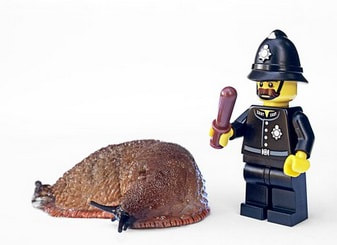 If you stop to think about all this for a moment, you may conclude as I did. Exercising great care in any one area is work. When you extend that work to every area of your life, the task can quickly feel overwhelming. The Apostle Paul counseled, “Let all things be done decently and in order” (1 Corinthians 14:40). King Benjamin taught his people similarly. “And see that all these things are done in wisdom and order; for it is not requisite that a man should run faster than he has strength. And again, it is expedient that he should be diligent, that thereby he might win the prize; therefore, all things must be done in order” (Mosiah 4:27). In other words, we don’t need to be perfect today. But we do need to exercise care by doing something every day to move towards personal improvement. As we exchange our casual approaches to every aspect of life for more careful ones, we will reap a harvest of joy and power from the seeds we have sown daily. And that will bring us more joy in our journey.
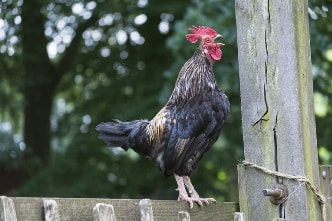 Last week, I invited LDS singles everywhere who currently feel stuck in their lives to declare their independence from a life of mediocrity. I also described a three-step process to help them get on track to their best life — make a decision to change, commit to that change, and then execute. But it's not enough just to be on the right track. You can start down that road toward your best life, but you won't get very far if you can't change with the changes life will bring you. To correct the set of your sail as the winds blow this way and that, you must develop self-awareness. Self-awareness is a skill and like any other skill can be learned. Also like any other skill, the more you practice it, the better you get. You start to develop that skill when you wake up out of life on autopilot and live your life by conscious choice. Don’t be a zombie  If you think self-awareness isn’t a part of the solution you need to live your best life, think again. You’ll never have your best life (or anything else you might call greatness) by accident. You must intend to have it and act with that intention. That means making conscious choices instead of living on autopilot, which has you making choices out of habit. When you fail to practice the self-awareness skills that can take you outside yourself, you’ll simply be playing out whatever habit you have because that’s how you’re designed to operate. Your brain is hardwired to follow instructions. And the instructions it follows best are the ones encoded in habit, because having a habit is also hardwired into your brain. It doesn’t matter whether the habit is good or bad, helps you or hurts you, or brings you success or failure. Whatever habit you have is the default you’ll turn to when you don’t make a conscious choice. Because you have habits for practically everything you do, and you’re hardwired to follow the instructions encoded in those habits, it’s easy to live life just going through the motions. And indeed, this is how most people live. They walk through life like zombies! But it doesn’t have to be that way. If you feel like a zombie as the years of your life tick on by, then here’s some free advice: Stop being a zombie! Wake up! Step into the light 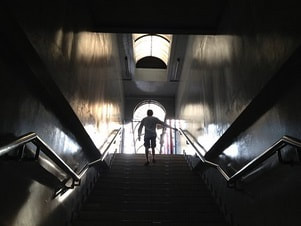 Many people walking through life like zombies don’t even realize what’s happening. That’s why it’s called life on autopilot. They’re so caught up in their own lives that they don’t see their habits playing automatically in the background. And when their habits keep bringing them the results they’ve always had — results they don’t want — they feel stuck in frustration that seems unending. Only when you step outside yourself can you get a clear view of the way out of that dead end perspective. Developing self-awareness skills allows you to step outside yourself. It’s very much like stepping out of the dark and into the light. Once you understand your habit-based operational design, it’s easier to step outside yourself to evaluate the details of those habits. You can also better see how your habits have brought you your results — the life you’ve known up to now. At this point, if you own your life, it won’t be hard at all to accept the changes you need to make in you to get better results. Find your exercise  Of course, you can find many different approaches to developing self-awareness so you can see more clearly the changes you need to make in you. Many of these approaches rely on seeking answers to questions through reflection and/or writing. Some of my favorite exercises for improving self-awareness involve other people. The whole point of developing self-awareness is so you can step outside yourself to see more clearly. Other people are by definition already outside yourself. Getting feedback from these, especially friends who provide honest yet constructive criticism, can help you make improvements light years ahead of the ones you could make without their help. Meditation is another self-awareness exercise gaining popularity and one that I’ve started recently. The main benefits I’ve seen so far from my practice are lower stress levels during the day and better sleep at night. The best part is that it takes only ten minutes just before bed. In exchange for these disproportionately positive returns, I’ll gladly stay up an extra ten minutes. Whatever approach you decide to take, developing self-awareness skills can help you leave a life on autopilot for an intentional life lived through conscious choices. By acting with more intention from conscious choices, you can more easily live your best life. And that will bring you more joy in your journey.
 When you own your life, you know that the life best lived is one fully lived. That’s why on occasion I’ll post about one of the four main life areas, or what I call the spirit, the heart, the mind, and the body. Today we look at the mind, which treats the intellectual/mental aspect of life as well as culture. I love history, so I often go there to improve my mind. And when it comes to history, nothing beats being in the places where history was made. Seeking out history History is made everywhere. And it’s very much worth knowing if it relates to you. For instance, many of my ancestors lived in Idaho, so knowing more about Idaho’s history can help me know more about them and the heritage I have received from them. And that brings me to the Old Idaho Penitentiary State Historical Site. Visiting the Old Idaho Penn Not that my ancestors were criminals. At least I don’t think they were. But how society treats its derelicts reflects cultural values, and those values influenced the people living then, including my ancestors. The Old Idaho Penitentiary State Historical Site (hereafter called the Old Pen) is only a few miles east of downtown Boise. The facility operated for just over a century (1872-1973) and housed over 13000 inmates, 215 of whom were women. In fact, there was a separate women’s ward built outside the walls of the Old Idaho Pen between 1905 and 1920. Not a single one of these women were executed, although seven had convictions for second-degree murder and one for first-degree murder. That last one was given a life sentence, of which she served only 13 years. Death row 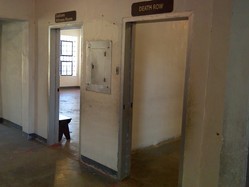 Not so for the men. Ten were executed. A gallows in the yard provided death by hanging until the Maximum Security Building was completed in 1954. And they constructed the hanging room right next to death row. I guess that just minimizes the chances of escape (not that they were that good otherwise). 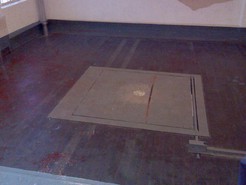 Witnesses could watch through a glass window while the condemned, bound at both hands and feet, stood on a trap door with a noose placed around his neck.  The other end of the noose is attached securely to this ceiling hook. 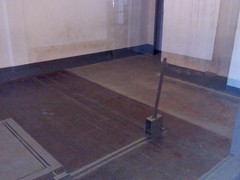 The executioner pulls this lever when the final moment comes, and the condemned falls through the trap door.  Underneath the gallows floor is a place called the Drop Room. Here the body was collected and a doctor examined the body to verify death. An adjacent door led outside the building where a car could transport the body to a funeral home for services. 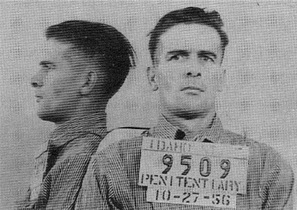 Idaho used this operation only once, just after midnight on 18 October 1957 on Raymond Snowden, also known as “Idaho’s Jack the Ripper.” If you follow the link to learn more about the execution, I warn you that it’s no bedtime story. It may also explain why Snowden was the only one to die here. Later in 1978 then Governor John Evans replaced hanging with lethal injection as Idaho’s method of prisoner execution. A blaze of glory (or not) 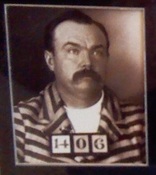 Perhaps the most notorious resident of the Old Idaho Pen was Harry Orchard, who assassinated former Governor Frank Steunenberg in 1905. Steunenberg quelled violence at a northern Idaho mining town in 1899 by declaring martial law and requesting federal troops. Many labor unionists felt betrayed by Steunenberg. Five years after leaving office, Steunenberg died outside his house after a bomb rigged to a side gate exploded. 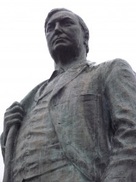 I've known about the Steunenberg statue in front of the State Capitol for years, but I always thought it was erected because he had some influential reputation as a statesman. Now I see the statue was constructed to memorialize an assassinated governor. I had no idea that Idaho’s history had any assassinations. Looks like I got another rabbit hole to explore. Bringing it all home So what’s in your backyard? It’s really common to think you don’t have anything, but once you start looking you’ll find lots of rabbit holes to go down. And knowing more about what's down those rabbit holes can help make you a more interesting conversationalist. Both learning more and sharing what you learn help you live life more fully.
So find your rabbit hole and start exploring. You never know where it might take you. |
Author
Howdy! I'm Lance, host of Joy in the Journey Radio. I've been blogging about LDS singles life since 2012, and since 2018 I've been producing a weekly Internet radio show and podcast to help LDS singles have more joy in their journey and bring all Latter-day Saints together. Let's engage a conversation that will increase the faith of LDS singles and bring singles and marrieds together in a true unity of the faith.
Comment
Joy in the Journey Radio encourages the free discussion of ideas but reserves the right to remove and/or block comments which do not conform to LDS standards.
Donate
Joy in the Journey Radio offers many free resources to help LDS singles everywhere, but it certainly isn't free! Help Joy in the Journey Radio in its mission to improve the lives of LDS singles by donating today.
Posts by Month
December 2022
Categories
All
|


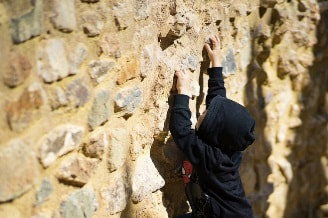
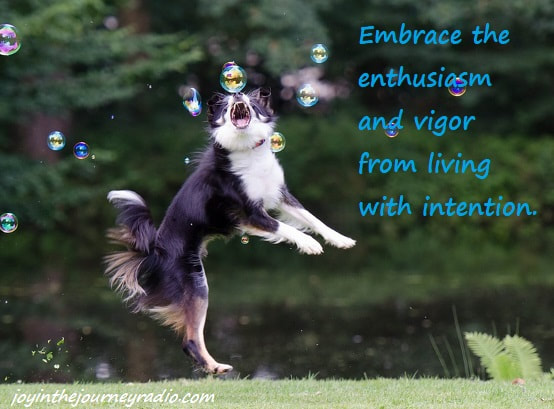
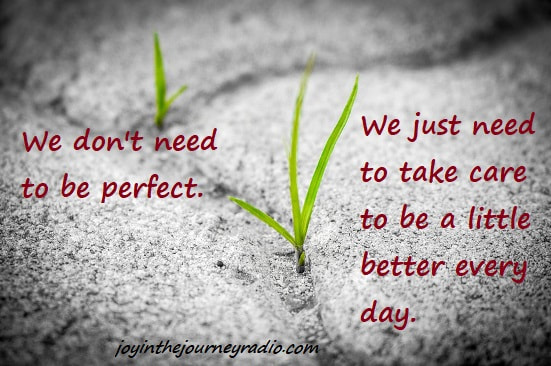


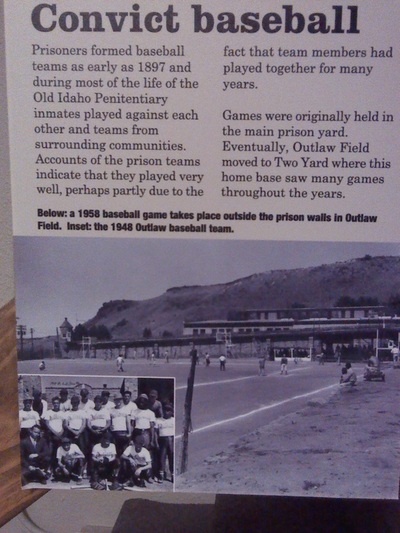
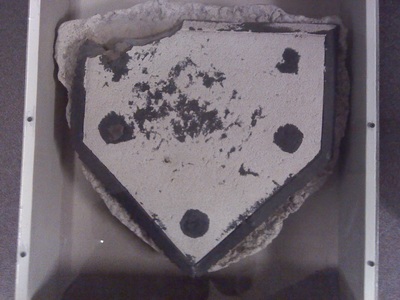




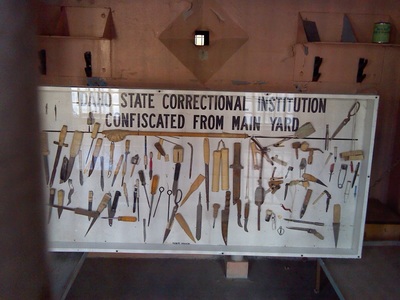

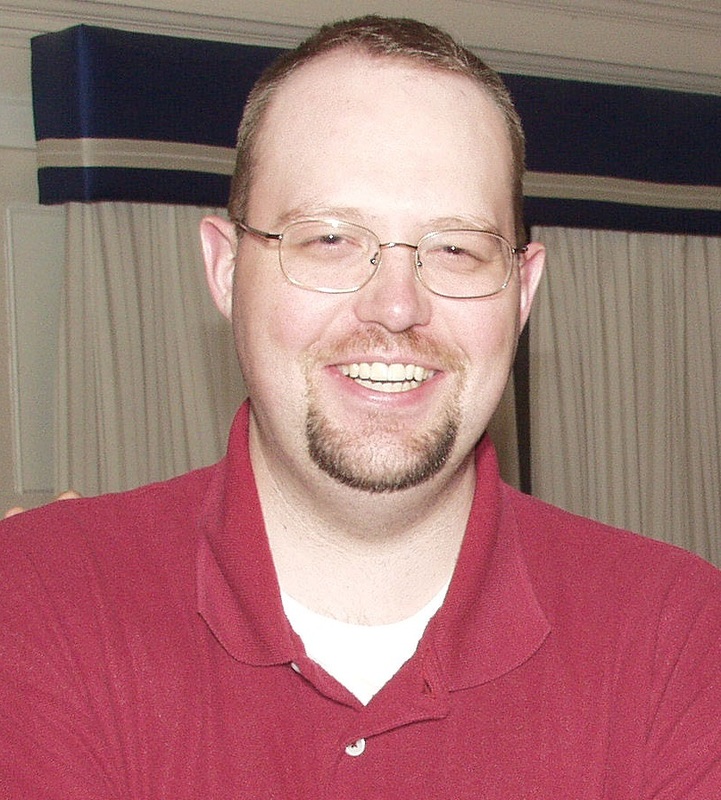
 RSS Feed
RSS Feed